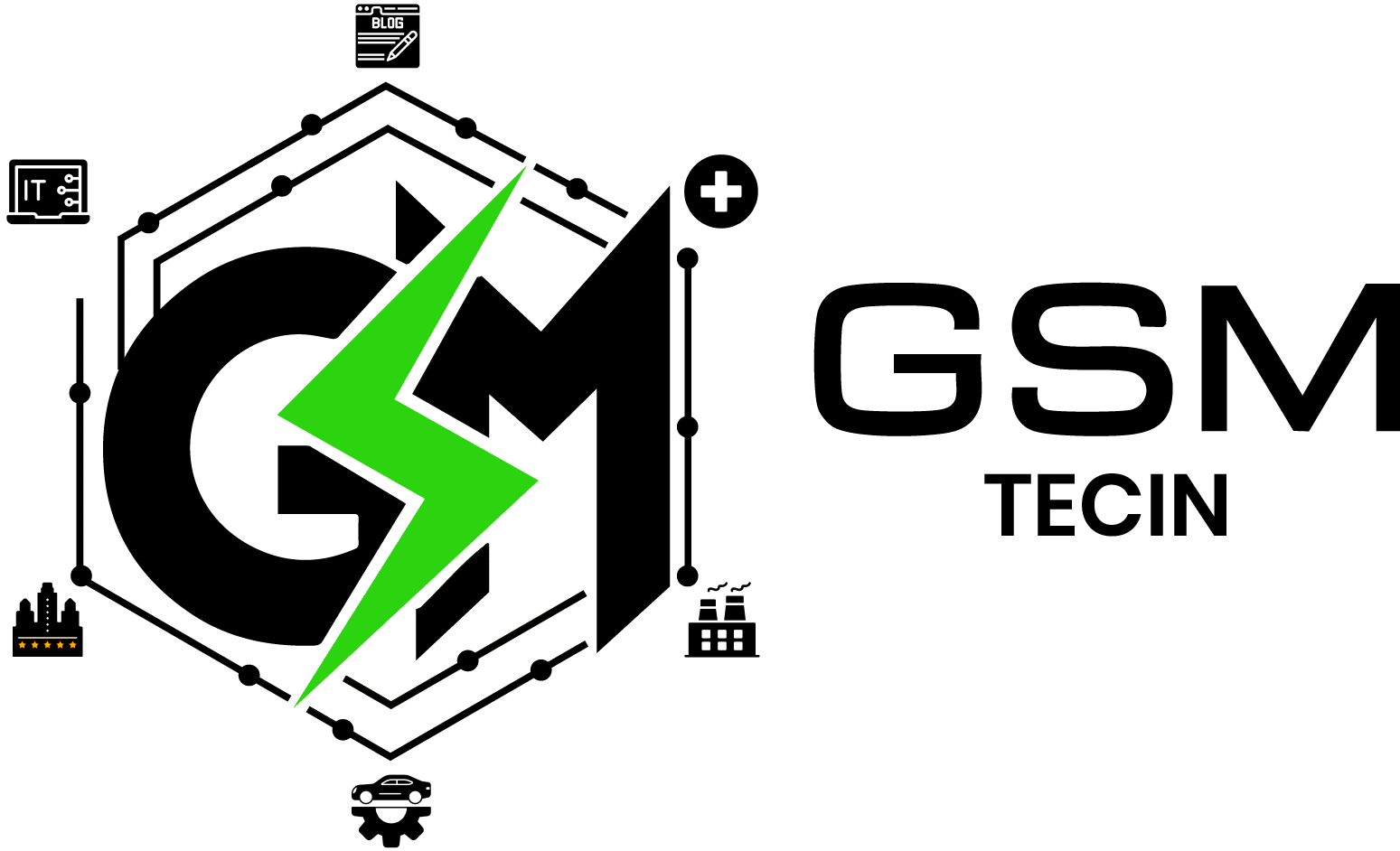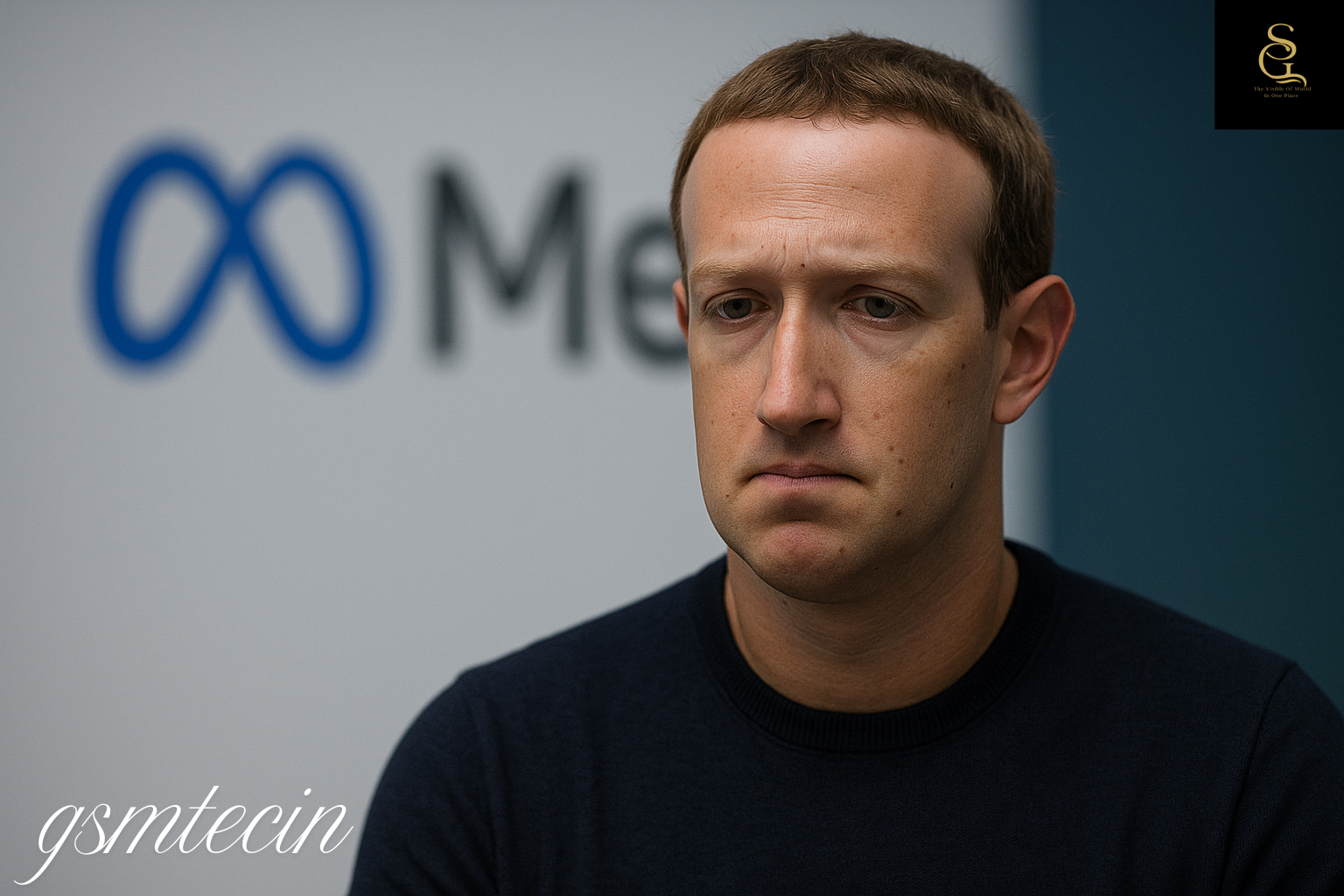AI Talent Exits Meta: Scholars Cite Zuckerberg’s Own Statements
AI Talent Exits Meta as the company’s newly formed Superintelligence Labs (MSL) faces turbulence, with top researchers departing within months of joining. Some even returned to rivals like OpenAI, despite Mark Zuckerberg’s personal recruitment push and record-breaking compensation offers.
1. Prominent Departures Disrupt Meta’s AI Initiatives
Meta ran a very aggressive recruitment campaign for MSL. Zuckerberg personally courted AI experts by offering them enormous compensation packages, sometimes totalling $300 million over four years, with over $100 million in the first year alone.
But the departures started almost right away:
Former Google Brain and DeepMind employee Rishabh Agarwal quit after only five months, despite reportedly receiving a $1 million salary.
Within two months of joining, former OpenAI researchers Avi Verma and Ethan Knight were back at OpenAI.
The head of generative AI product management at Meta, Chaya Nayak, also departed to work for OpenAI.
Within days of joining, Shengjia Zhao, the co-creator of ChatGPT, almost quit, but he stayed on as chief AI scientist.
In particular, Agarwal’s resignation was symbolic. To justify his departure, he openly referenced Zuckerberg’s own 2011 statement: “In a world that’s changing so fast, the biggest risk you can take is not taking any risk.”
2. Organisational instability and cultural conflicts
According to insiders, culture and structure were the true issues, not salaries.
Regular reorganisations: MSL experienced instability and confusion as a result of four structural changes in six months.
Bureaucratic bottlenecks: It took longer for new hires to get access to GPU compute power, which is necessary for AI research.
Leadership tensions: It has been reported that long-standing Meta engineers have clashed with the arrival of prominent leaders such as Nat Friedman, the former CEO of GitHub, and Alexandr Wang, the former CEO of Scale AI.
Hiring freeze: Meta restricted hiring, putting additional strain on current teams, with the exception of critical roles.
Many researchers believed the company was more concerned with making headlines than creating a cohesive, mission-driven culture.
3. The Financial Boundaries of Talent Retention
The AI community was astounded by Meta’s extravagant offers, but they also sparked debate about motivation.
“You can’t buy purpose with a pay cheque,” said Anthropic CEO Dario Amodei.
Work that influences the safe development of AI, rather than just corporate profit, attracts a lot of AI researchers.
“My best case at Anthropic is we affect the future of humanity,” said Benjamin Mann, co-founder of the organisation, in a direct comparison of the missions. My best scenario at Meta is that we turn a profit.
The message was unmistakable: purpose is more important than salary.
4. The Effects of Brain Drain
Even before MSL was established, Meta experienced a high rate of talent attrition.
The company has lost more than two-thirds of the authors of its ground-breaking LLaMA AI model papers.
Many now work for AI startups like Perplexity and Mistral, which have both raised a lot of money thanks to talent that was trained at Meta.
Morale has suffered as a result of this revolving door, and some insiders are now doubting whether Meta’s AI goals can be maintained.
5. The Reasons Why Zuckerberg’s Remarks Failed
Ironically, those quitting have used Zuckerberg’s own risk-taking philosophy as a rallying cry.
According to Zuckerberg’s “biggest risk” maxim, Rishabh Agarwal’s public departure brought attention to the idea that remaining at Meta might be the greater career risk. For many, the advantages of high compensation were outweighed by internal conflicts, instability, and an unclear long-term plan.
6. The Competitive Environment and Strategic Impact
These deviations could have serious repercussions:
Slower innovation: Project momentum is disrupted by frequent turnover.
Weakened hiring: MSL might be perceived as unstable by prospective employees.
Competitive advantage: DeepMind, Anthropic, and OpenAI acquire seasoned personnel with insider knowledge.
There are now significant obstacles in the way of Zuckerberg’s “personal superintelligence” vision. In order to remain competitive, Meta might have to:
Cut down on organisational turnover.
Boost the distribution of resources for AI teams.
Put more emphasis on mission-driven hiring rather than just financial incentives.
Summary Table — Key Reasons for the Exodus
| Reason | Explanation |
|---|---|
| Bureaucracy & Culture Clash | Frequent reorganizations, resource delays, and leadership friction. |
| Misaligned Values | Researchers prioritize AI safety and purpose over corporate profit. |
| Leadership Tension | New executives clashed with existing teams. |
| Organizational Instability | High turnover, unclear long-term vision. |
| Competitive Pressure | Rivals offer better mission alignment and stability. |
Concluding remarks
Although Meta’s attempt to become a leader in AI with MSL was intended to demonstrate its audacity, its current human capital crisis speaks for itself.
The realities of organisational instability, cultural misalignment, and changing priorities among AI researchers have caused Zuckerberg’s recruitment strategy built on record-setting salaries and personal persuasion to fail, fueling the ongoing trend where AI Talent Exits Meta.
The lesson for tech giants is clear as competitors like OpenAI and Anthropic continue to take advantage of Meta’s departing talent: While money may be able to attract talent, stability and purpose are what keep them in the race for AI leadership.
The most ironic development at the moment is that Zuckerberg’s own motto of taking risks is motivating his recruits to leave MSL rather than continue building it.





